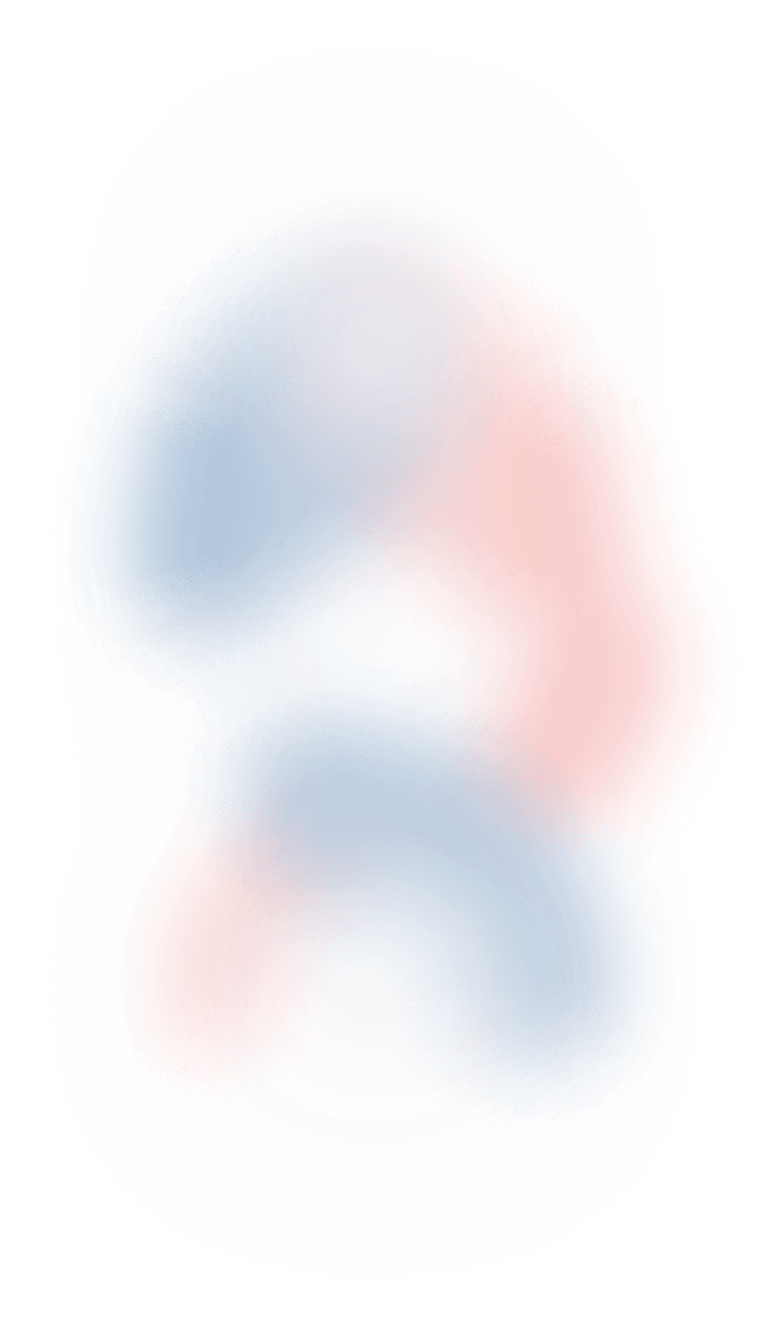California cannabis law
| Medical patients | No defined limit Some suggest 8 oz |
| Recreational users | 1 oz Or 8 grams concentrate |
| Medical patients | 15% |
| Recreational users | 23-38% Changes according to municipality |
| Medical patients | Up to 99 plants With a grower's recommendation |
| Recreational users | 6 plants |



Do I qualify?


Concise guide to California's medical marijuana laws
- Anorexia
- Arthritis
- Cachexia
- Cancer
- Chronic Pain
- HIV or AIDS
- Glaucoma
- Migraine
- Persistent Muscle Spasms
- Severe Nausea
- Seizures
- Any debilitating illness where the medical use of marijuana has been “deemed appropriate and has been recommended by a physician”
No possession limits specified; amount must be “consistent with the patient’s needs.”Yes, no cultivation limits are specified under state law but local ordinances can limit or ban medical cultivation.
Yes, no cultivation limits are specified under state law but local ordinances can limit or ban medical cultivation.
Yes. Temporary state licensing for dispensaries began on January 1, 2018 and permanent licenses will be issued starting in July. Until January 9, 2019, nonprofit dispensaries may continue to operate under state law SB 420.
- Cal. Health & Saf. Code, §11362.7 (2003)
- Cal. Health & Saf. Code, §§ 11362.7 – 11362.83 (2003)
- California Compassionate Use Act 1996, Cal. Health & Saf. Code, § 11362.5 (1996)
Yes, primary caregiver is the individual, designated by a qualified patient or by a person with an identification card, who has consistently assumed responsibility for the housing, health, or safety of that patient or person. The caregiver must be 18 years of age or older (unless the primary caregiver is the parent of a minor child who is a qualified patient or a person with an identification card)
California’s medical cannabis registration program is voluntary. For fiscal year 2019-2020, state officials issued cards to 2,820 patients. Since the inception of the county card registration system in 2004, the state has issued a total of 106,193 registration cards to either patients or primary card providers.
Source: California Department of Public Health
In 2022, lawmakers enacted legislation (AB 2188) that makes “it unlawful for an employer to discriminate against a person in hiring, termination, or any term or condition of employment, or otherwise penalize a person, if the discrimination is based upon the person’s use of cannabis off the job and away from the workplace” as determined by a positive drug screen for the presence of the carboxy THC metabolite. This applies to patients and non-patients. However, the law does not take effect until September 1, 2024. Details.
No
Ballot Proposition 215— Approved Nov. 5, 1996 by 56% of voters
State Website: CA Medical Marijuana Program
Effective: Nov. 6, 1996
For more information on California’s medical marijuana law, please contact:
California NORML
2261 Market Street #278A
San Francisco, CA 94144
(415) 563-5858
County or municipal medical marijuana guidelines
Apply for your medical cannabis card in California

Detailed overview of California medical marijuana regulations
Possession limits for medical cannabis patients in California
In accordance with California law, individuals who are qualified patients or primary caregivers and possess a state-issued identification card are permitted to possess a maximum of 8 ounces (approximately 226 grams) of dried cannabis flower per qualified patient. For comparison, recreational users can possess up to 1 ounce (approximately 28 grams) of dried cannabis flower.
However, it is important to note that eligible recipients with a doctor’s recommendation may possess an amount of cannabis that aligns with the patient’s specific needs (as stated in § 11362.77, subd. (b)). It should be clarified that the allowable quantities of medicinal cannabis should only include the dried mature processed flowers or buds of the female cannabis plant (as indicated in § 11362.77, subd. (d)).
These possession limits, adopted as daily limits, are also applicable to licensed retailers under the MAUCRSA enabling regulations. This ensures that licensed retailers comply with the possession limits when selling to medicinal cannabis patients and their caregivers (as per Cal. Code Regs., tit. 16, § 5409.)
Please be aware that there may be additional restrictions imposed by local ordinances. Counties and cities have the authority to establish their own regulations that permit qualified patients or caregivers to possess medicinal cannabis in quantities that surpass the possession guidelines outlined by the Medical Marijuana Program (MMP) (as specified in § 11362.77, subd. (c)).
Moreover, under the Compassionate Use Act (CUA), qualified patients who claim protection are entitled to possess an amount of cannabis that is deemed “reasonably related to their current medical needs” (according to the People v. Trippet court case in 1997, 56 Cal.App.4th 1532, 1549). This ensures that patients who qualify under the CUA can possess an appropriate amount of cannabis to address their specific medical requirements.
Limits on cultivation for CA MMJ patients
Medical cannabis patients in California are allowed to cultivate their own cannabis plants for personal use. The growing limits are as follows:
Qualified patients or primary caregivers may maintain no more than 6 mature or 12 immature cannabis plants per qualified patient (as outlined in § 11362.77, subd. (a).)
It’s important to note that these cultivation limits are specific to medical cannabis patients in California. Recreational users have different cultivation limits. Additionally, local ordinances may impose further restrictions or regulations on cultivation, such as zoning requirements or limitations on the number of plants allowed per property.
If you want to grow cannabis and sell it in California, you will need a cultivation license.
Before cultivating cannabis, it is essential to familiarize oneself with the specific laws and regulations in your local jurisdiction to ensure compliance with the cultivation limits and any additional requirements imposed by local authorities.
Primary Caregiver responsibilities and considerations in California
As a caregiver providing support and assistance to medical cannabis patients in California, it is crucial to understand and adhere to legal compliance and responsible use guidelines. Here are important considerations for MMJ caregivers:
- Patient-Caregiver Relationship: Ensure that you have a valid and documented patient-caregiver relationship with the individual you are assisting. This relationship should be established through a written agreement or other appropriate documentation. A primary caregiver is a person who consistently assumes the responsibility for the housing, health, or safety of the applicant (patient). This may be an individual or the owner, operator, or employee of an appropriately licensed clinic, facility, hospice, or home health agency.
- Legal Authorization and Application Process: Caregivers cannot apply for a Medical Marijuana Identification Card (MMIC) for themselves. They must apply in person, with their patient. Provide proof of identity as required and be prepared to be photographed. Complete and sign the “Primary Caregiver Declaration” portion of the Application/Renewal Form.
- Cultivation Limits: Caregivers must be mindful of cultivation limits when growing medical cannabis on behalf of qualified patients. In California, caregivers can maintain no more than 6 mature or 12 immature cannabis plants per qualified patient.
- Residency Requirements: If you work for more than one qualified patient, you must reside in the same county.
- Transportation and Possession: Caregivers should be aware of the rules regarding the transportation and possession of medical cannabis. While accompanying qualified patients, it is advisable to keep the cannabis securely stored and in compliance with state regulations.
- Confidentiality and Privacy: Respect the privacy and confidentiality of the patient’s medical information. Keep all personal and medical information strictly confidential, adhering to applicable privacy laws and regulations.
- Responsible Use: It is essential for caregivers to promote responsible and safe use of medical cannabis. Educate yourself and the patient about appropriate dosage, potential side effects, and any necessary precautions to ensure the patient’s well-being.
- Compliance with Local Regulations: Stay informed about local ordinances and regulations that may apply to caregivers in your specific area. Local jurisdictions may have additional requirements or restrictions that caregivers must follow.
- MMIC Return: If you no longer work for a qualified patient, you must return your MMIC for confidential destruction to the county program that issued the card to you.
By adhering to these guidelines, MMJ caregivers can ensure legal compliance and responsible use of medical cannabis, providing valuable support to qualified patients while upholding the laws and regulations in California.
Medical cannabis for veterans in California - main info and rules
California recognizes the potential benefits of medical cannabis for veterans and provides certain provisions to facilitate access to medical cannabis treatment. Here is the main information and rules regarding medical cannabis for veterans in California:
- Legal Compliance: Veterans, like all medical cannabis users, must comply with California state laws and regulations regarding possession, cultivation, transportation, and use of medical cannabis. It’s essential to stay informed about the latest laws and any changes that may affect veterans’ access to medical cannabis.
- VA Healthcare System: It’s important to note that the Department of Veterans Affairs (VA) is a federal agency, and federal law still classifies cannabis as a Schedule I controlled substance. Therefore, VA healthcare providers are not allowed to recommend or prescribe medical cannabis. However, veterans can seek healthcare services outside of the VA system to obtain a physician’s recommendation for medical cannabis.
- Affordability and Discounts: Some dispensaries and medical cannabis programs offer special discounts or financial assistance to veterans, recognizing their service and medical needs. Veterans are encouraged to inquire about such programs and discounts to make medical cannabis more affordable.
Dr. Weedy is committed to supporting veterans in their journey towards accessing medical marijuana treatment. We understand and appreciate the sacrifices they have made for our country. As part of our dedication to veterans, we offer special programs and discounts to make medical cannabis more affordable and accessible to them. Our initiatives for veterans include subsidized recommendation quotas, allowing veterans to obtain their medical cannabis recommendations at a reduced cost.
To avail of the veteran’s discount, simply click here.
Access to marijuana treatment for people with disabilities in California
Dr. Weedy acknowledges the importance of ensuring equal access to medical cannabis treatment for individuals with disabilities in California. We are committed to providing a supportive and inclusive environment for all patients, including those with disabilities. Here’s how we strive to make marijuana treatment accessible for people with disabilities:
- Accessibility: Our online platform is designed to be accessible and user-friendly for differently-abled individuals. We prioritize web accessibility standards to ensure that everyone can easily navigate our website and complete the necessary steps to obtain their medical marijuana recommendations.
- Remote Process: We understand that mobility can be a challenge for some individuals with functional limitations. That’s why we have made the entire process 100% remote, from the first click on our website to the final step of receiving your MMJ card. You can complete the evaluation process conveniently from the comfort of your own home, eliminating the need for travel or in-person appointments.
- Doctor’s Expertise: Our experienced healthcare professionals understand the diverse medical needs of individuals with disabilities. They are knowledgeable about the potential benefits of medical marijuana for various conditions and can provide expert guidance tailored to your specific situation.
- Affordable Options: We offer affordable pricing options to ensure that disabled individuals can access medical marijuana treatment without undue financial burden. Our goal is to make this essential treatment option accessible to all who can benefit from it.
Medical marijuana reciprocity and access for non-residents in California
Dr. Weedy understands that individuals visiting California may require access to medical marijuana treatment during their stay, even if they are not residents of the state. We are here to provide information on medical marijuana reciprocity and how non-residents can obtain a California medical cannabis card.
- Medical Marijuana Reciprocity: California currently doesn’t have a reciprocity program in place, which means that individuals with out-of-state medical cannabis cards cannot use them within the state. However, California has legalized recreational use for adults aged 21 and older. Therefore, if you are visiting California and meet the age requirement, you can take advantage of the state’s adult-use recreational cannabis market.
- Obtaining a CA Medical Cannabis Card by non-residents: Visitors to California can still access medical cannabis in California by obtaining a medical marijuana card in the state without a California address.
Choosing between an MMJ recommendation and an MMIC
In California, individuals have the option to choose between a Medical Marijuana Identification Card (MMIC) and a medical marijuana recommendation when accessing medical cannabis. Here’s what you need to know:
- Medical Marijuana Identification Card (MMIC): The MMIC is issued by county health departments in California. It is available to patients who have obtained a medical cannabis recommendation from a licensed physician and have voluntarily registered with their county’s MMIC program. State registration is optional. Please note that obtaining an MMIC involves registering personal information with the county health department.
- Medical Cannabis Recommendation: Obtaining an MMJ Recommendation from a state-licensed doctor is an essential step for accessing medical cannabis in California. Many individuals prefer to stick with their Medical Rec because it grants them the same legal rights and access to medical cannabis treatment without the need to register personal information with the county health department.
The choice between obtaining an MMIC or sticking with a Medical Rec is a personal decision for patients. However, if you decide to register for an MMIC, please be aware that you will be responsible for your county’s registration fee. The MMIC provides additional legal protection and certain benefits to registered patients. To learn more about the MMIC and its advantages, we recommend reading our article on the subject.






















